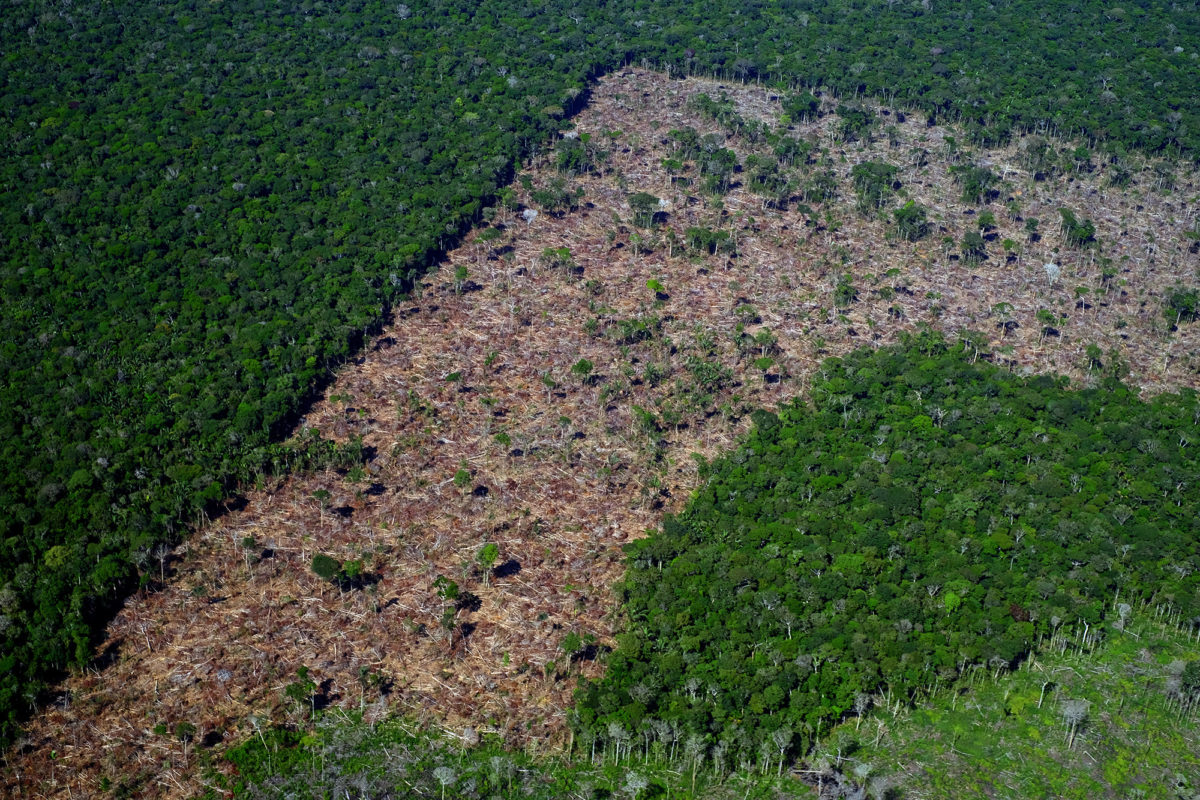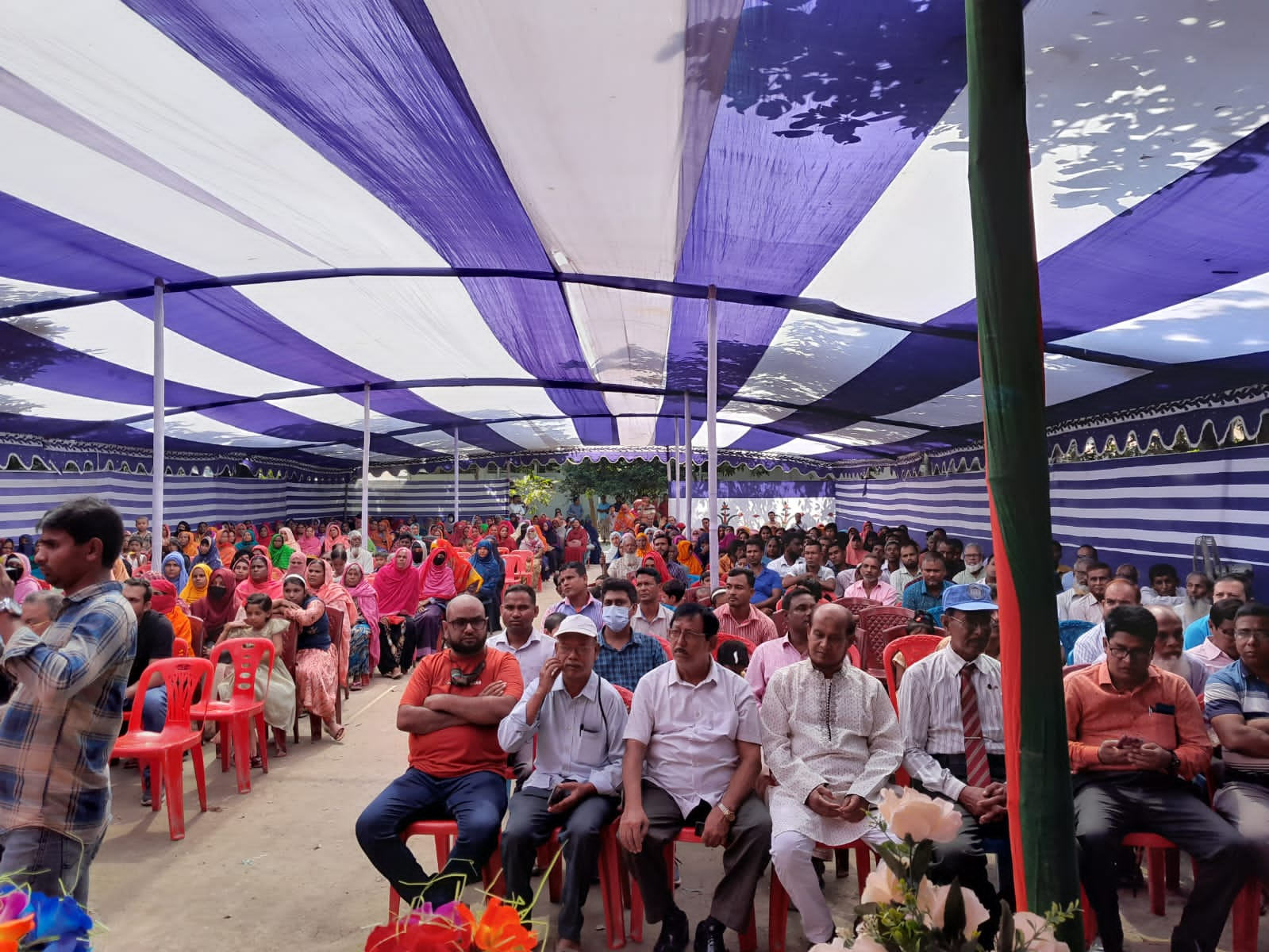Two years after the UN recognised the social and solidarity economy, there is an urgent need to effectively change our economic systems

Just two years ago, the United Nations General Assembly adopted an important resolution, significant for the Emmaus Movement, on promoting the social and solidarity economy (SSE) to support sustainable development. A second resolution[1], adopted a year later, highlights the importance of the SSE as a “crucial driver of inclusive and sustainable development, especially to further decent work, reduce inequality and stimulate social change.”
It is now clear that the United Nations 2030 Agenda Sustainable Development Goals will not be met. There is an urgent need to centre our world economic system in debates in order to radically rethink the fight against poverty and inequality. The world economy has thus far been globalised and largely deregulated. Today, as it is shaken by U.S. protectionist measures, we must shift towards an economic system that prioritises human lives and the environment, rather than profit and overconsumption.
The social and solidarity economy could be the answer, on the condition that it truly puts people and the environment first, as advocated for by Emmaus International[2]. For this, economic activities need to be developed which respect social and environmental rights, and actors of the social and solidarity economy must be recognised and given priority.
“Social Solidarity Economy is to build a just and sustainable economy through a global movement that prioritizes people and the planet over profits, emphasizing mutual support, social justice, and environmental responsibility through practices worker cooperatives, and fair trade […] About 53 years ago, about 200 people of Thanapara village were killed by the Pakistani occupying forces during liberation war. The affected family members such as widows and fatherless women have been provided with employment and primary education for their children. With continuous support in their economic recovery, poverty has been reduced, and the village has become well-known as a model village due to the increase in employment and education rates.”[3]
This UN resolution is a meaningful acknowledgement. Nevertheless, the experience of Emmaus groups in 45 countries around the world demonstrates that for many of them this acknowledgement and priority are not effective. The strength of the SSE remains minimal against the businesses who don’t care about working conditions or their environmental impact. The UN resolution notably encourages “actors of the social and solidarity economy to participate in creating and implementing policies through consultative dialogue” and calls on “Member States to promote and implement strategies, policies and national, local and regional programmes aiming to support and bolster the social and solidarity economy”. Unfortunately, today this approach is not used in many areas, where purely commercial and capitalistic economic actors are still prioritised, even for management of goods and services essential to populations.
According to Emmaus International groups, the social and solidarity economy is a political response, emblematic of merging different fights for access to rights, capable of creating global social change. The social and solidarity economy must be promoted in order to reduce inequality. It must be prioritised and we need to break with current economic systems, which are outdated against current world issues. The United Nations Special Rapporteur on extreme poverty and human rights claims[4] that, contrary to what has long been promoted, GDP growth will not allow populations to get out of poverty.
However, examples of alternatives have existed around the world, even long before the topic of the SSE was put on the international political agenda. Emmaus groups are living proof:
“In India […] many high caste women are never given economic freedom, or chances to express their opinion […] Women are always restricted by money, dignity, purity and respect but the solidarity social economy helps them to break all these barriers and participate active in social, economical and political decision of the family and society.” [5]
“Thanks to the implementation of the Africa Mutual Health Organisation in Burkina, members have access to quality healthcare […] Through the network of the Federation of Social and Community Mutual Health Organisations of Burkina Faso, we express our opinions and concerns on certain issues such as the Universal Health Insurance System (RAMU). Thereby, we make the voice of populations heard and advocate for universal access to health.” [6]
Of course, the SSE is gaining traction, illustrating a change in societies’ view of alternative economic models. However, much work remains to be done to build an economy that truly puts human lives and the planet first. While the social and solidarity economy deserves to be promoted and supported, it cannot mitigate the lack of public services. These two pillars should not be contradictory: developing the SSE must go hand in hand with strengthening public services, and both need to be backed by strong political will to confront the liberal systems weakening social cohesion.
This is why Emmaus International is taking advantage of the 2nd anniversary of the UN resolution to call on states to implement national, local and regional policies and measures, thought through and drawn up based on the experience of actors of the social and solidarity economy. The scientific community is clear[7]: the question is no longer whether shifting to sustainable and ethical consumption and production is necessary, but how to achieve this.
[1] Resolution 79/213 adopted by the General Assembly on 19 December 2024 [on the report of the Second Committee (A/79/437/Add.11, para. 8)] https://docs.un.org/en/A/RES/79/213
[2] See our Global Report on our fight against poverty, published in 2021: https://www.ourvoicesmatter.international/en/
[3] Md Mynul Haque Santo, member of the Emmaus group Thanapara Swallows Development Society in Bangladesh.
[4] https://www.srpoverty.org/2024/07/01/eradicating-poverty-in-a-post-growth-context-preparing-for-the-next-development-goals/
[5] Testimony of Josephine Martine, member of the Emmaus group Village Community Development Society in India.
[6] Testimony of Emmanuel Siambo, member of the group Emmaüs Solidarité Ouaga in Burkina Faso, and member of the Africa Mutual Health Organisation put in place by the Emmaus group.
[7] Global Resources Outlook 2024 | UNEP – UN Environment Programme

